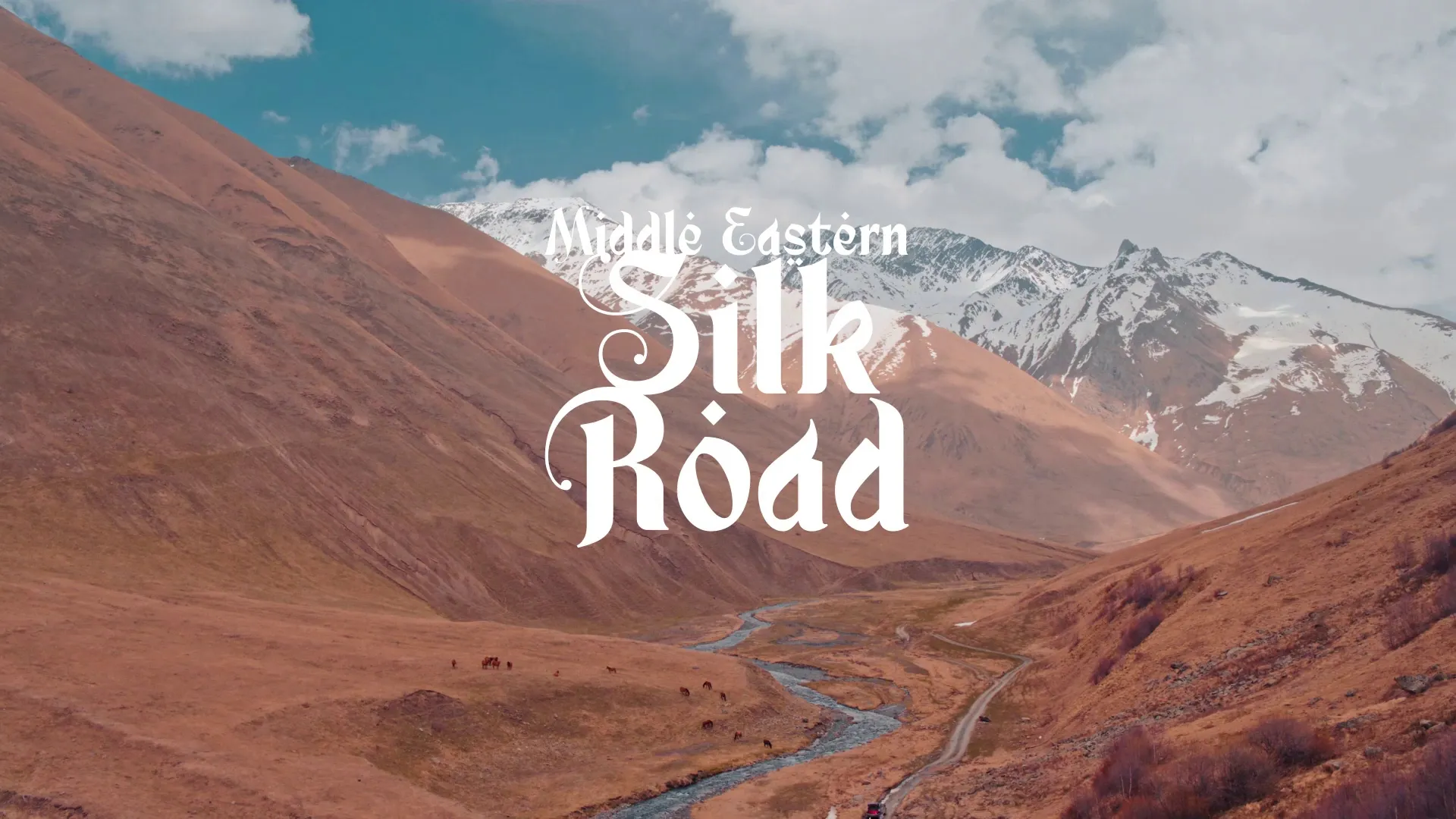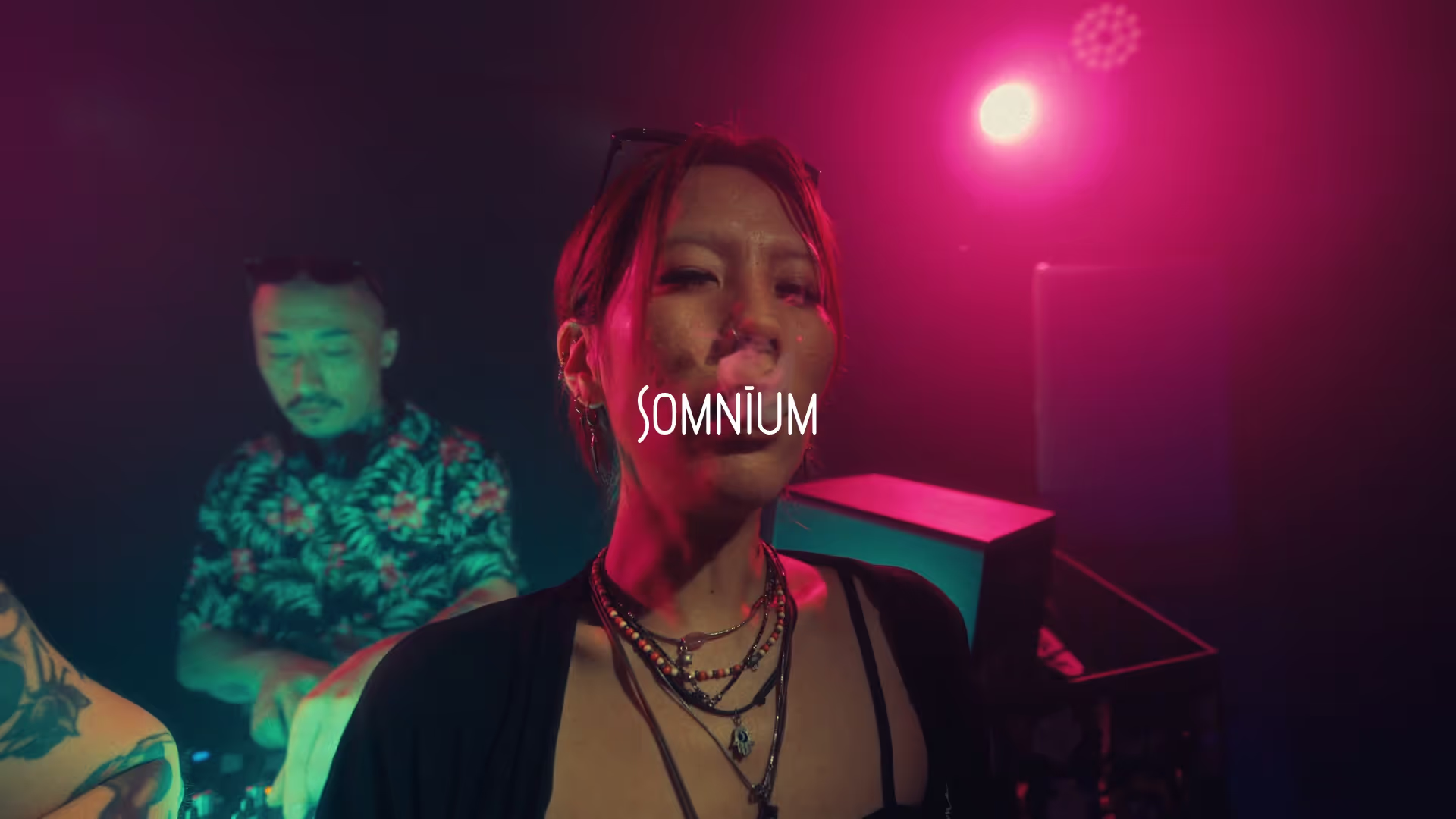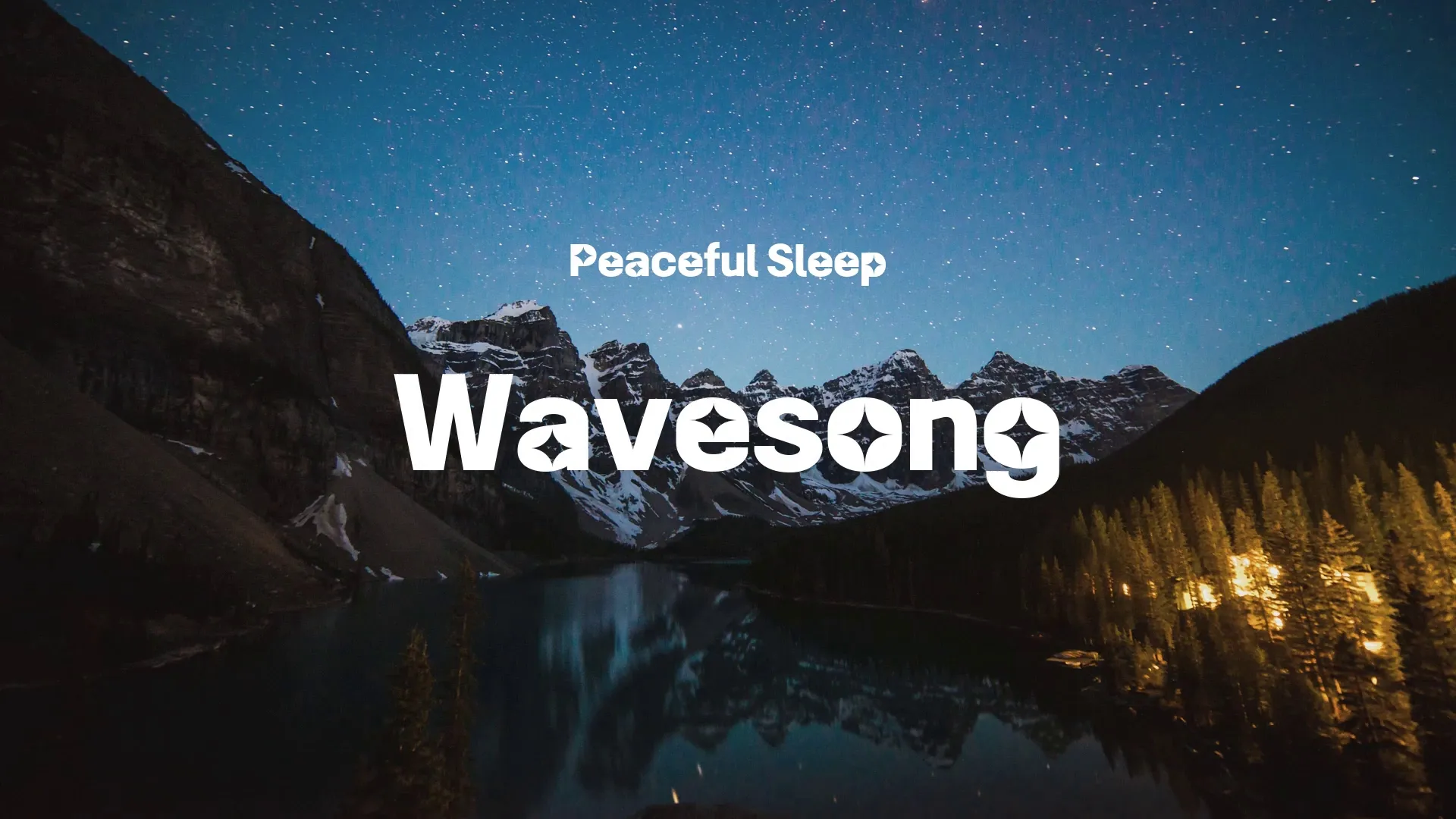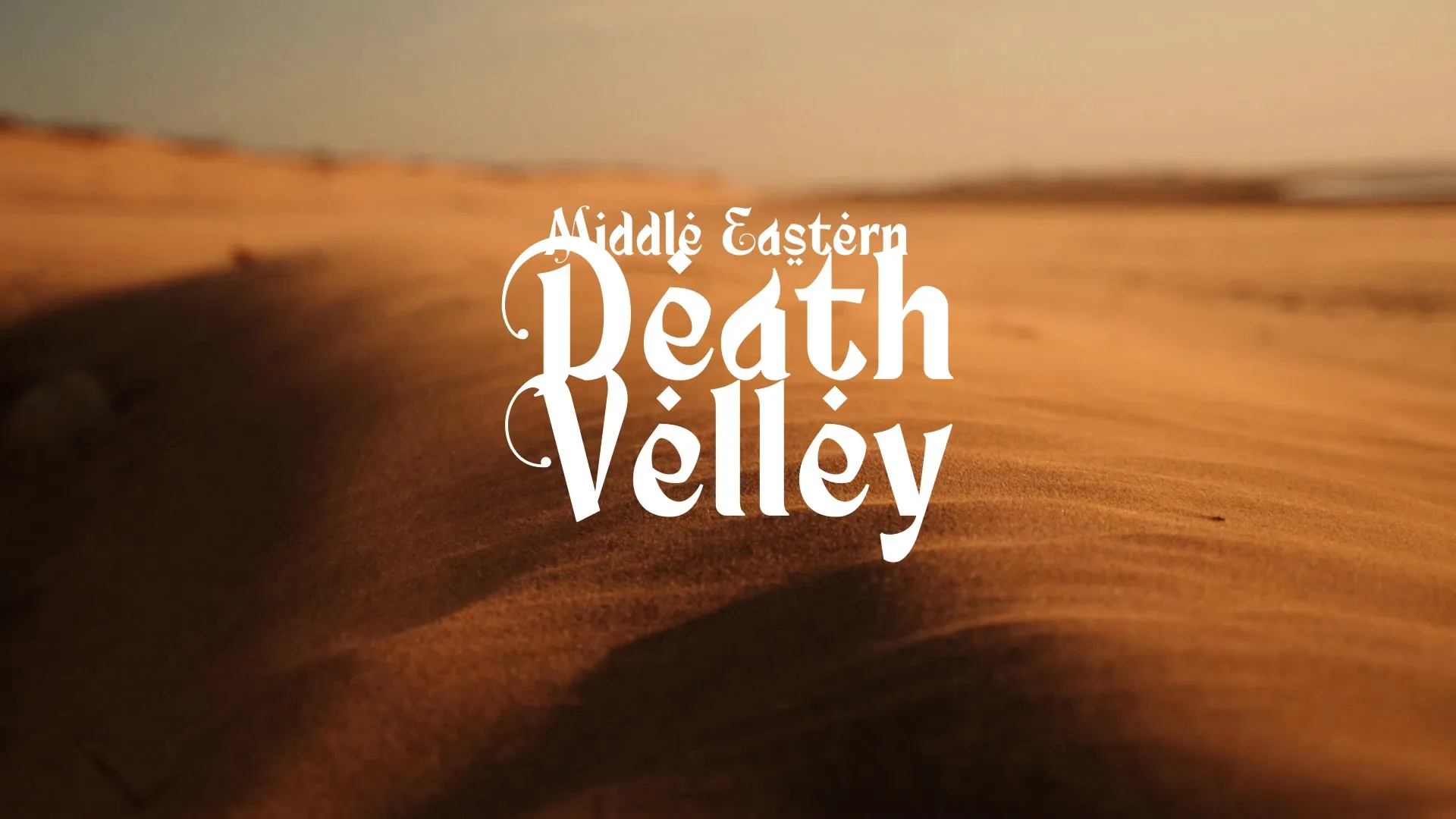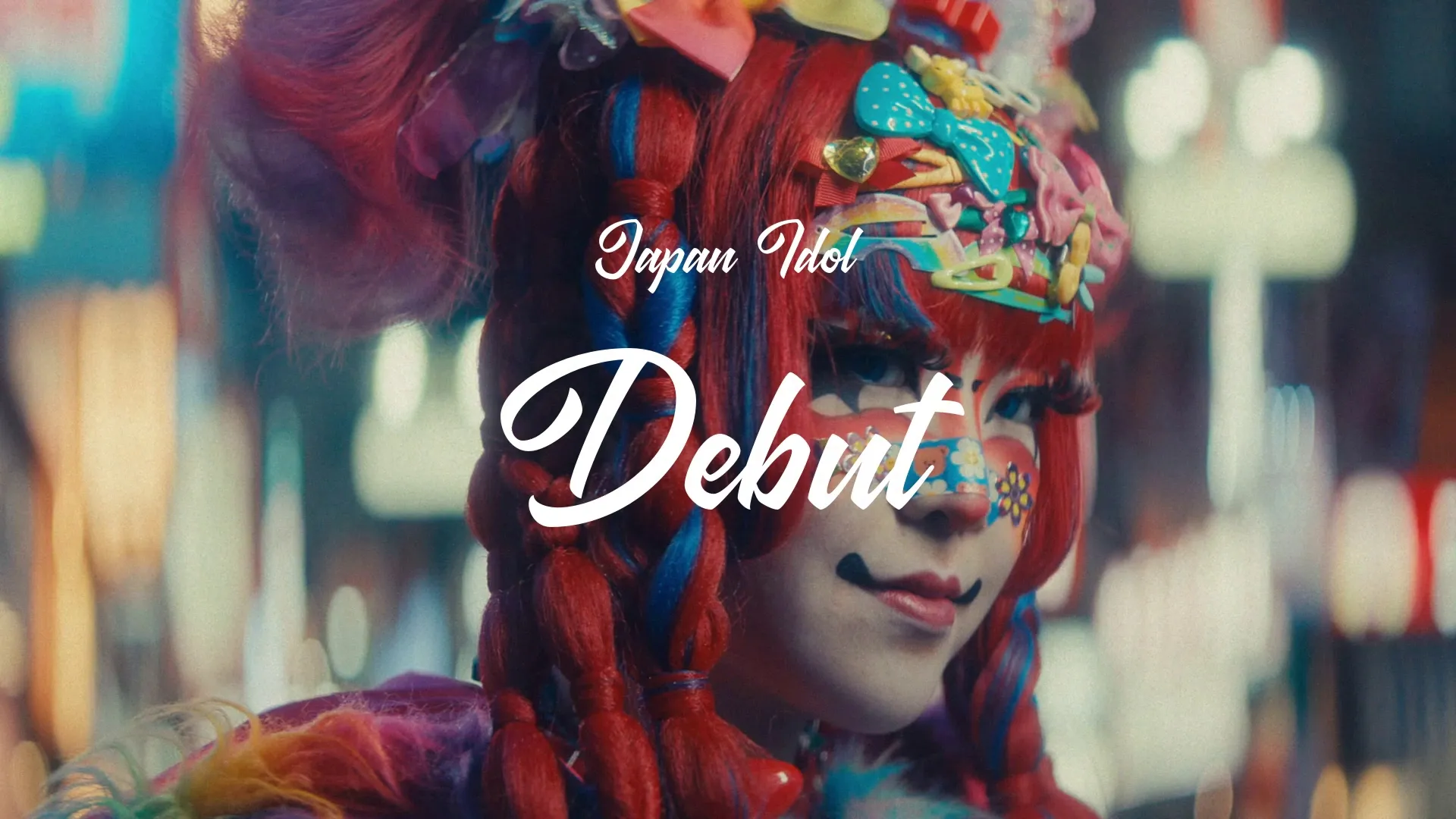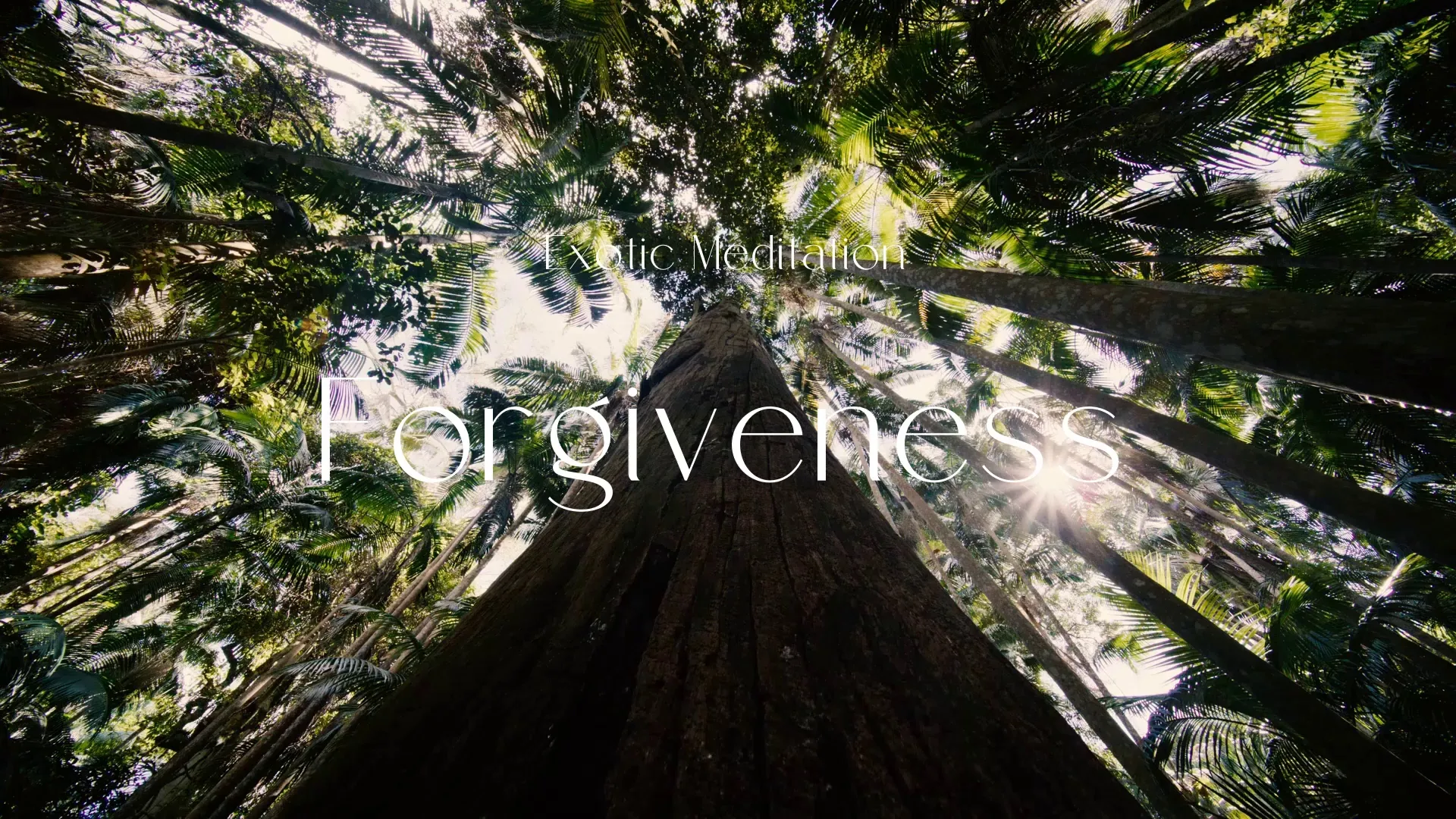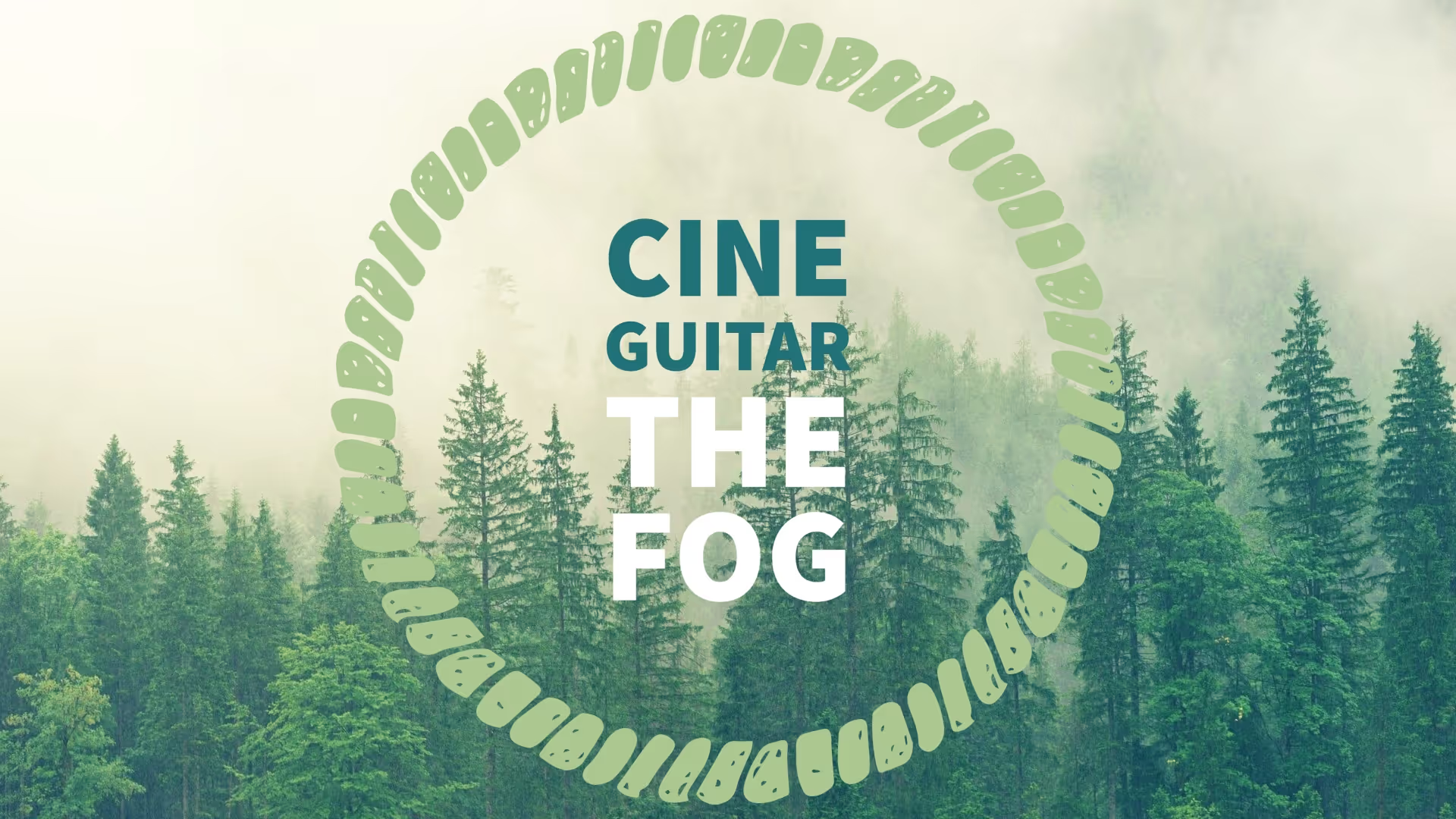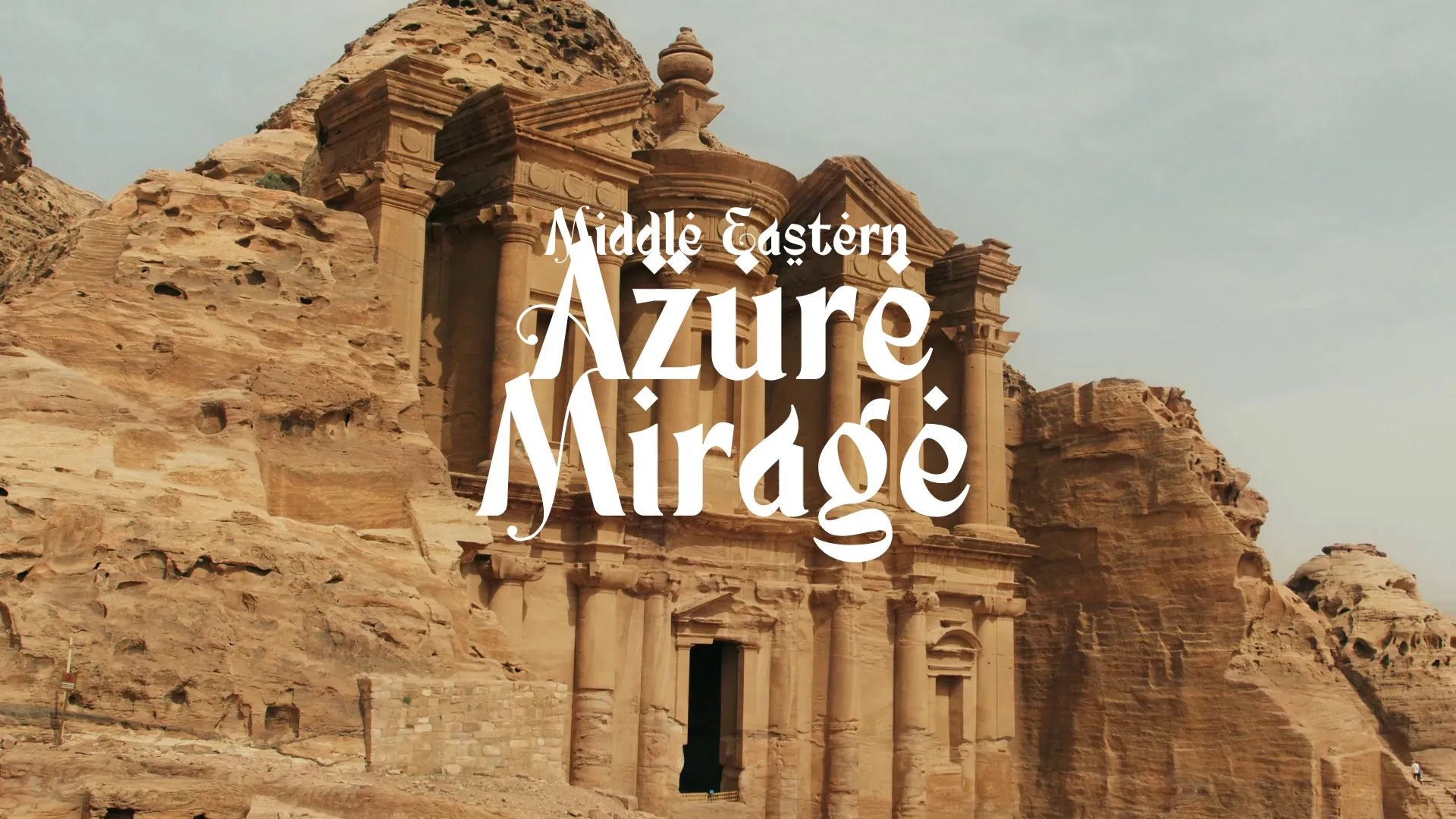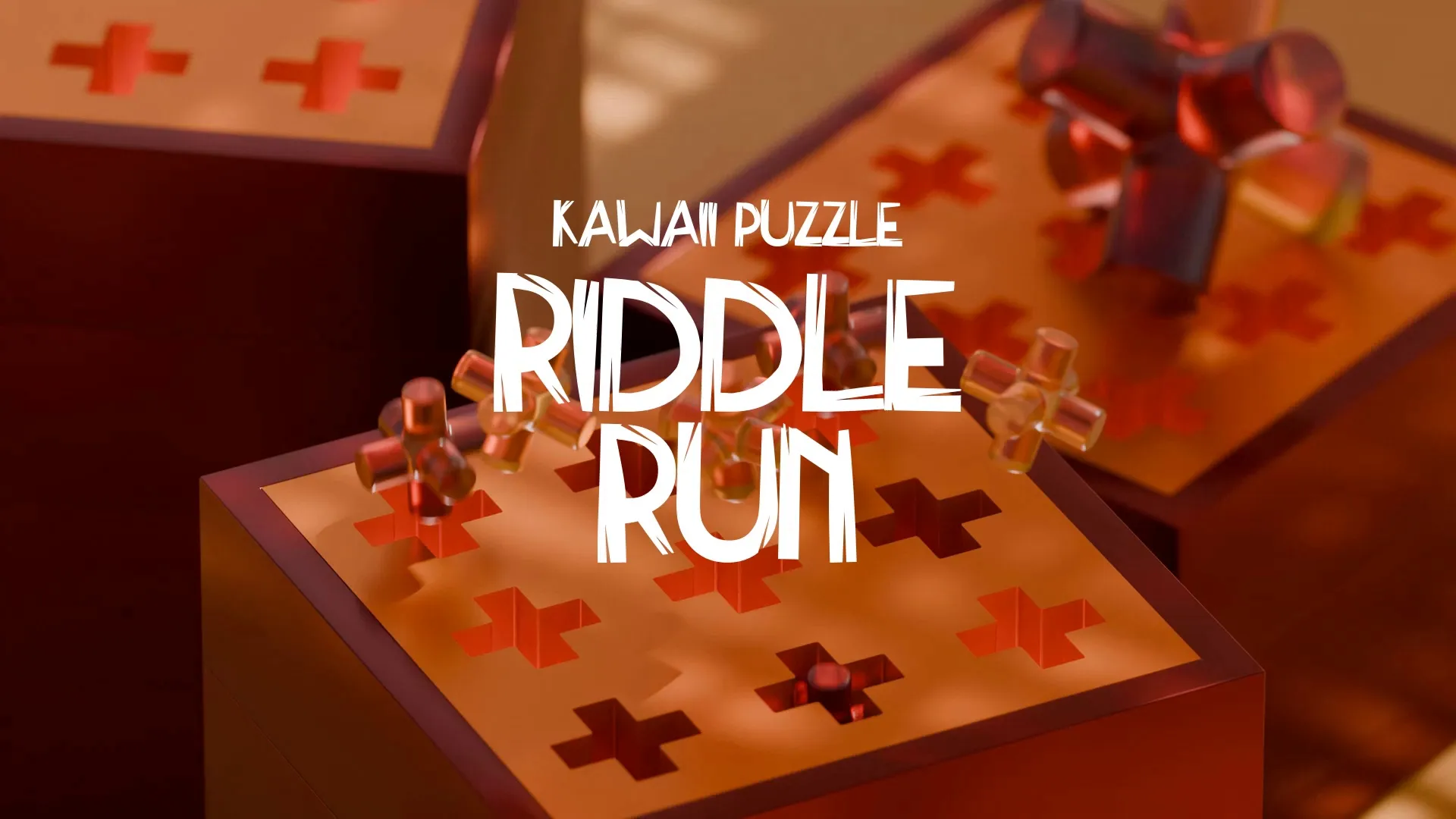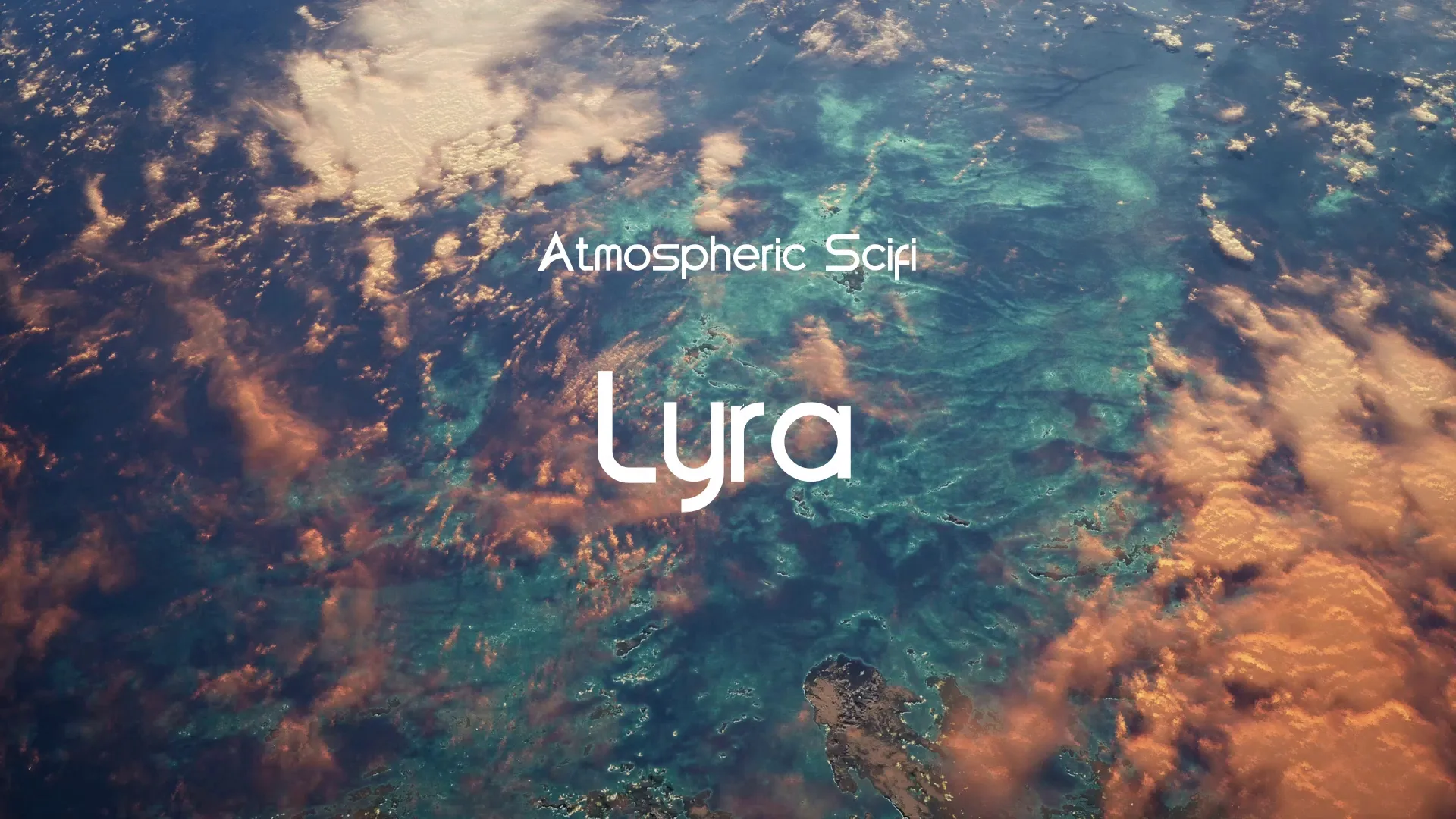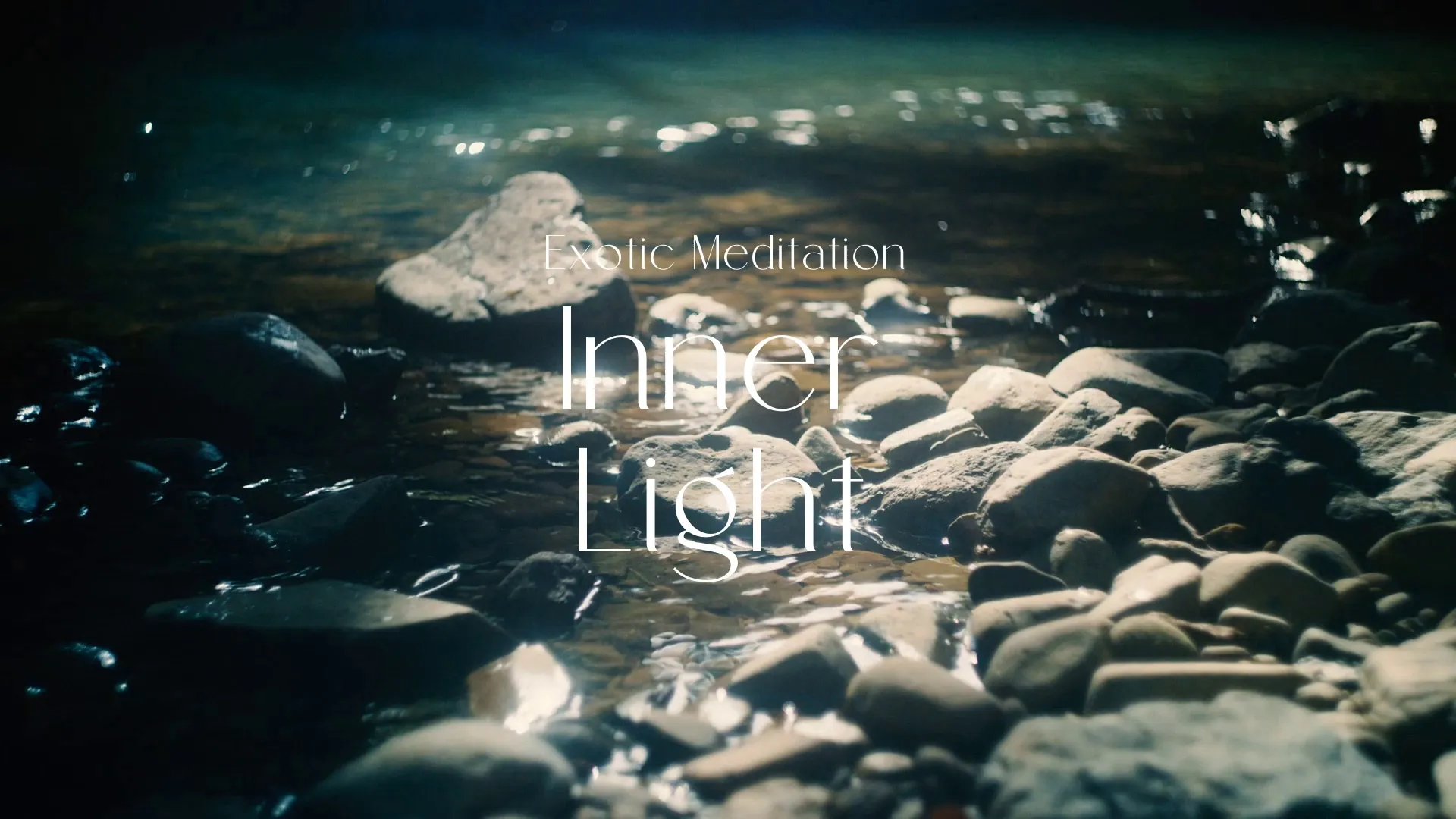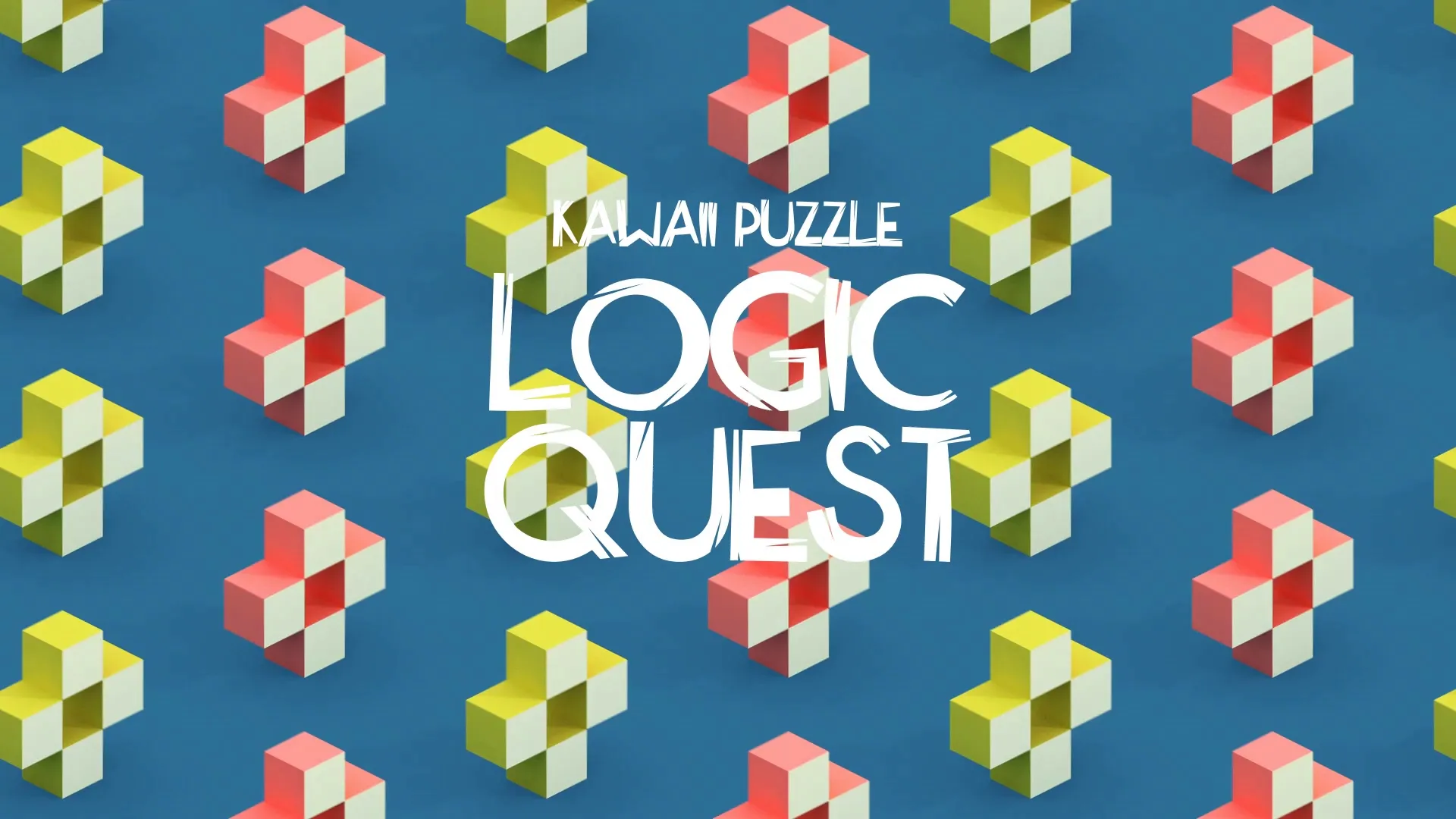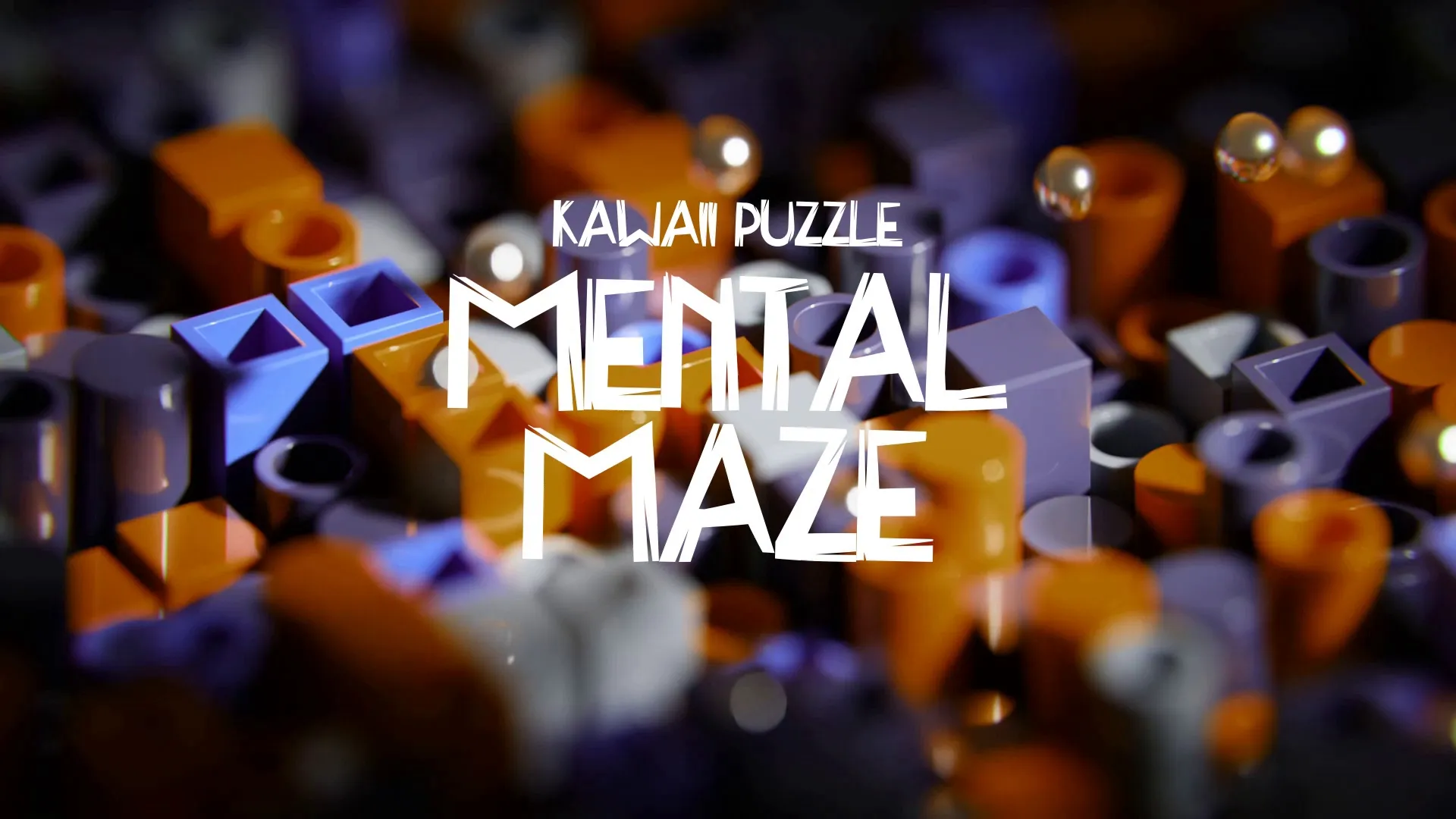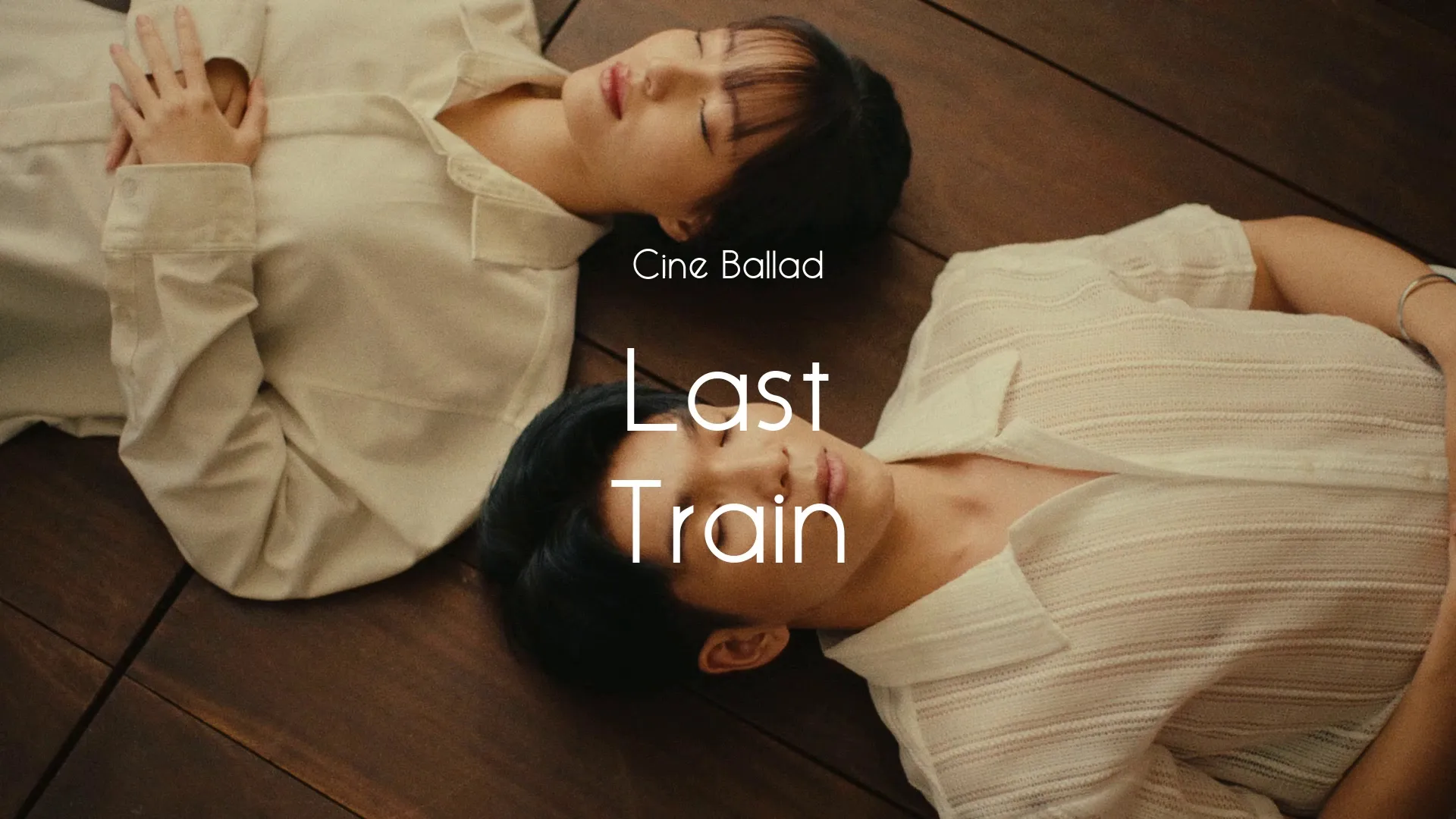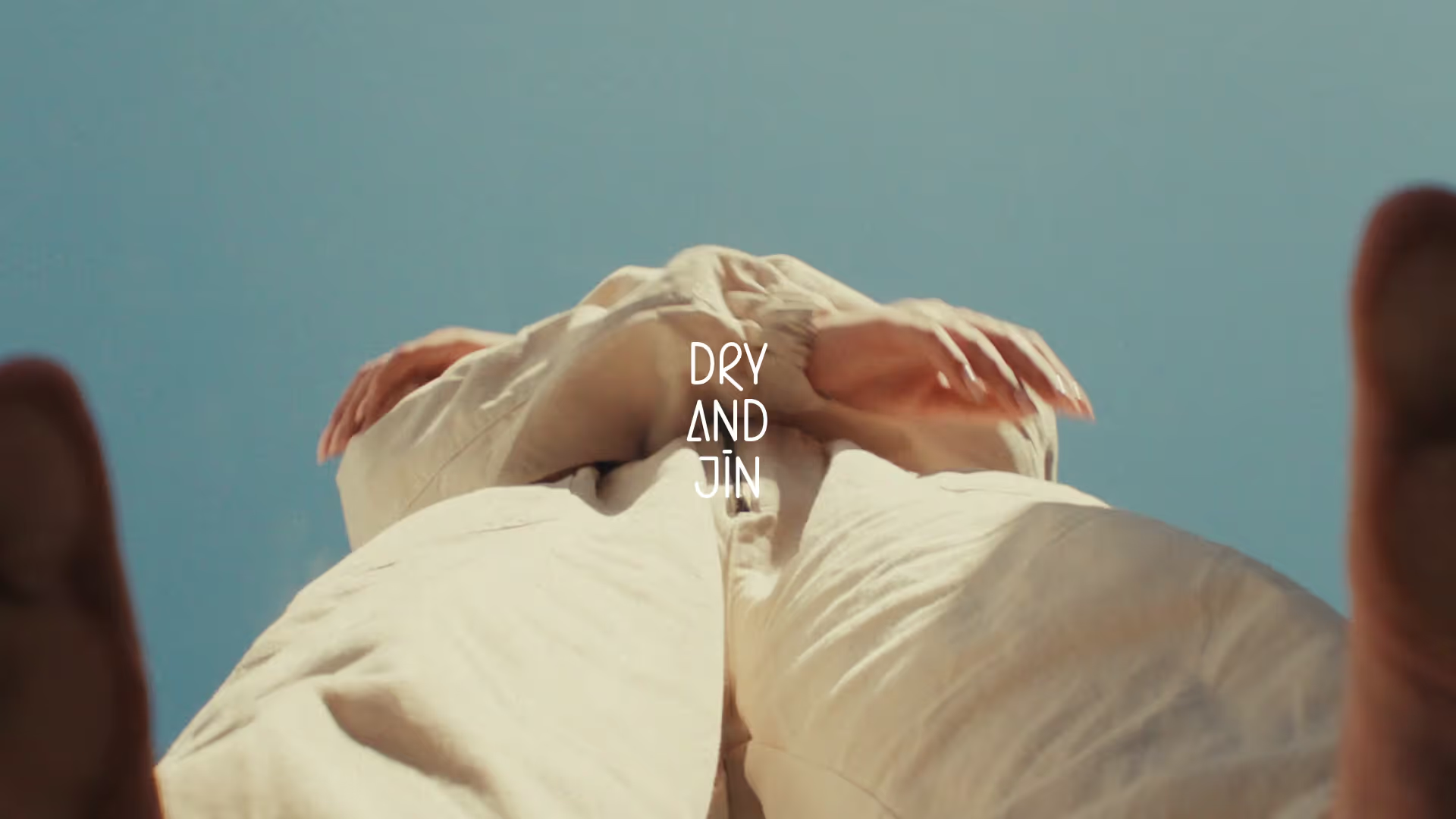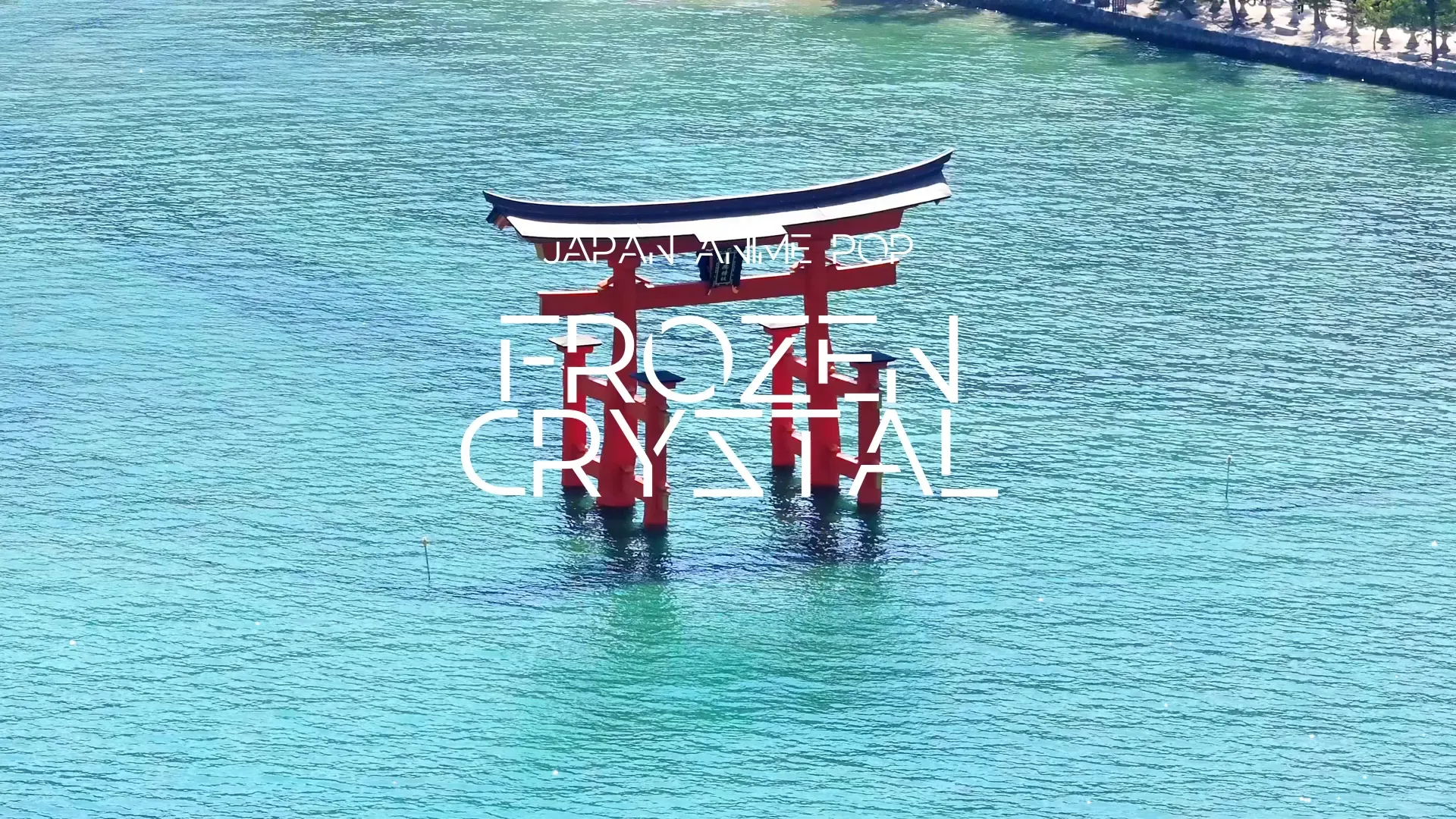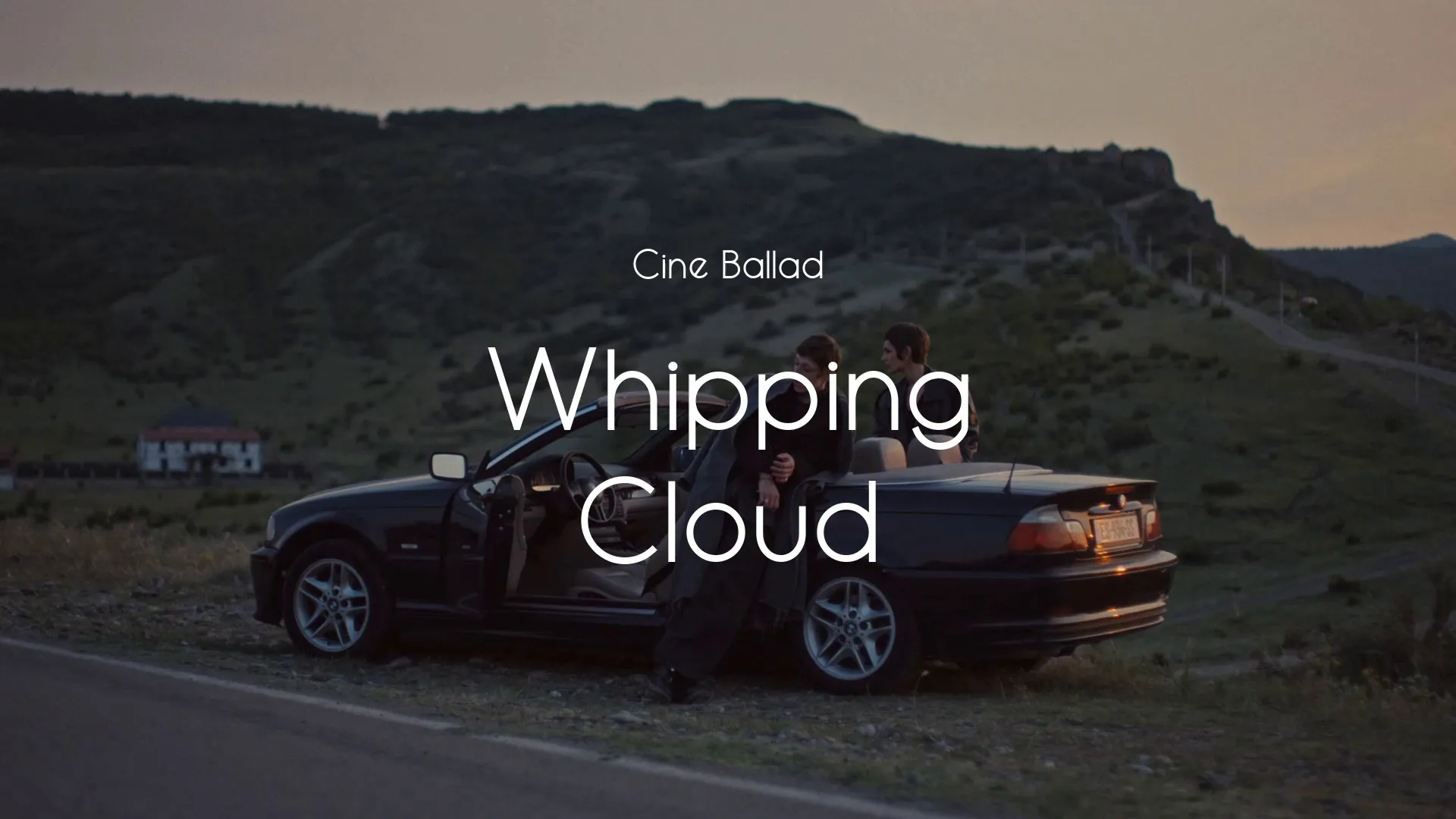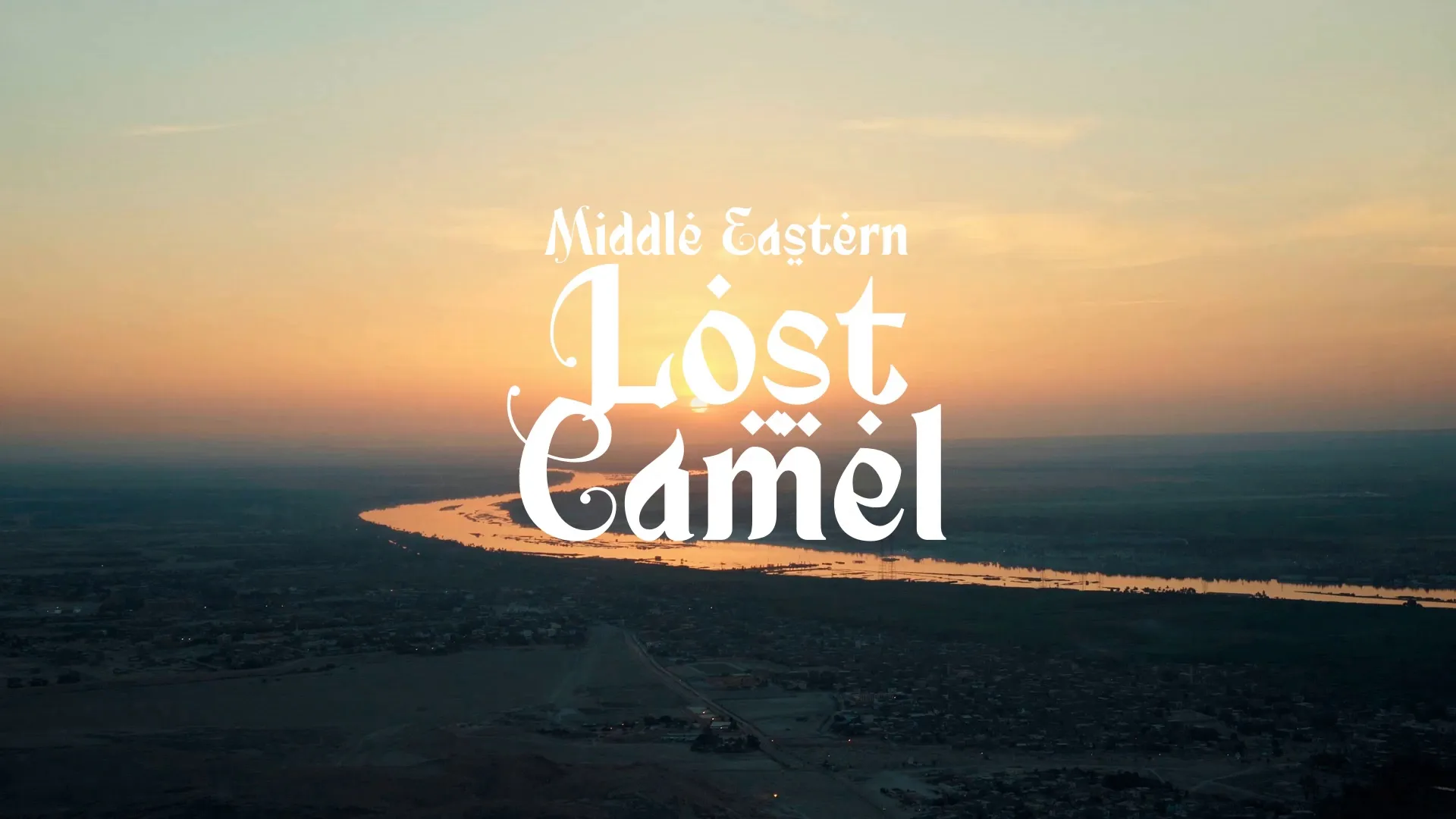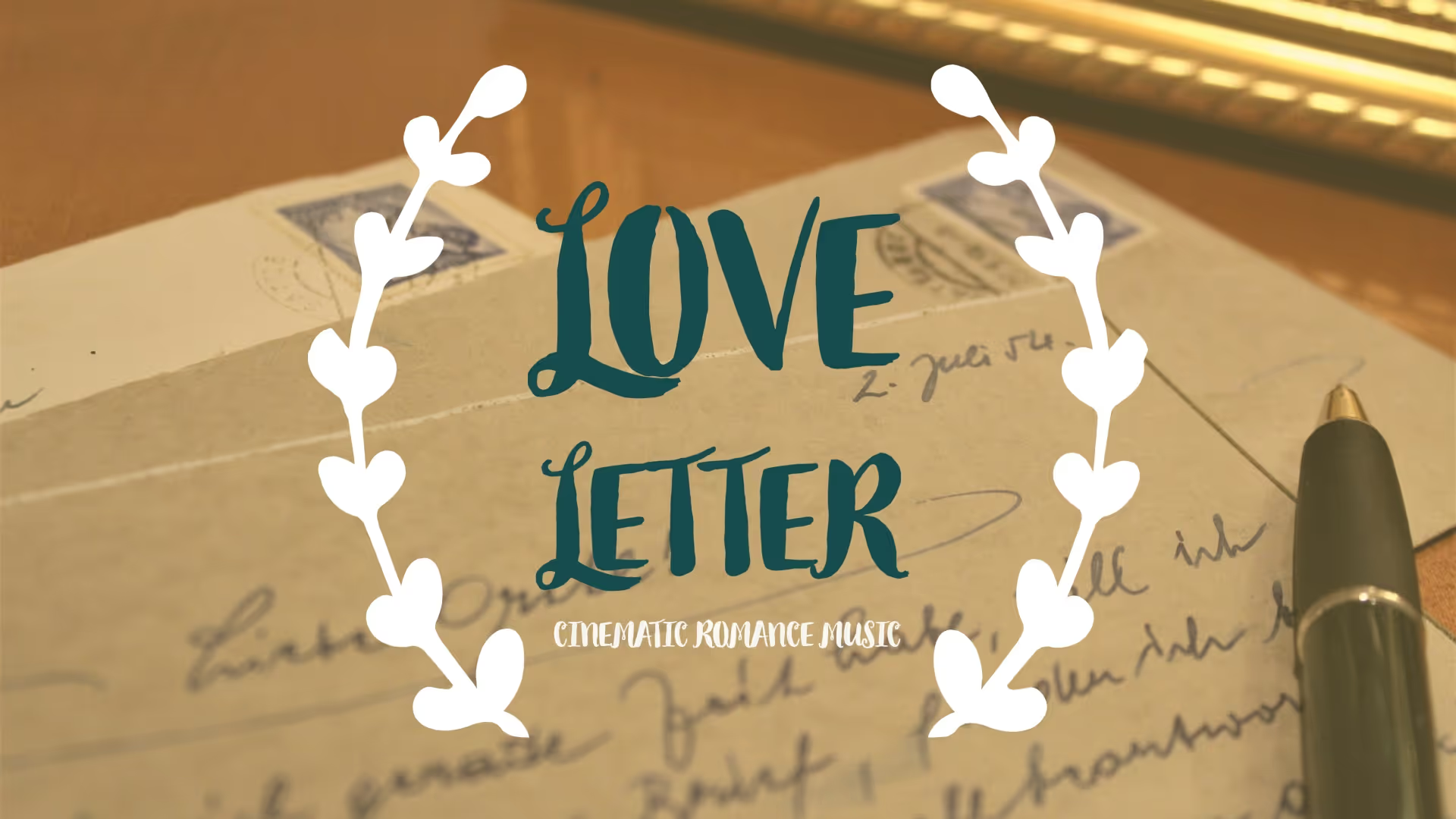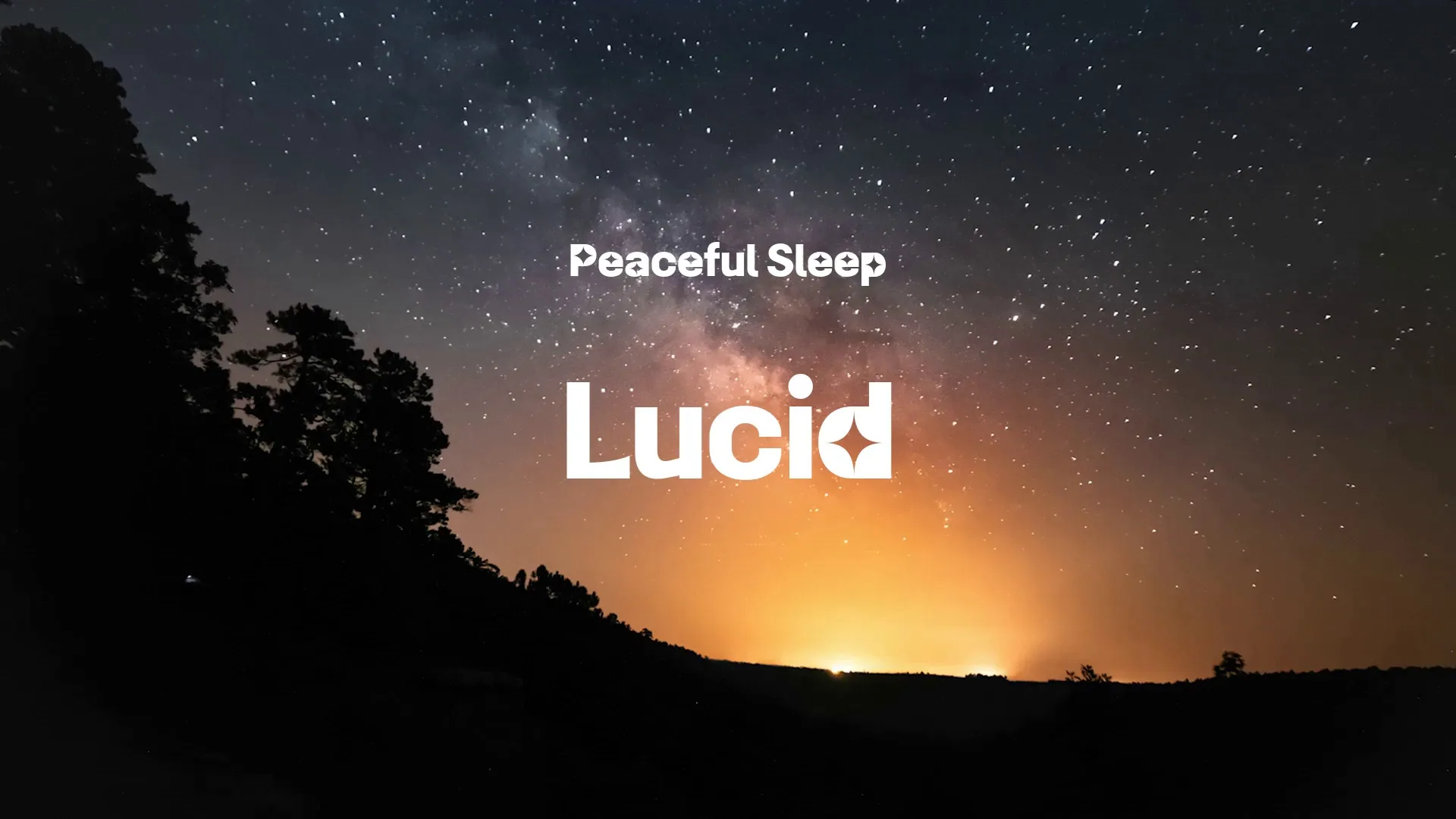Royalty-Free Assets & Legal Issues: Accelerating Game Prototyping for Indie Devs
Royalty-Free Assets & Legal Issues: Accelerating Game Prototyping for Indie Devs
Rapid prototyping is essential for indie game developers. It allows for quick iteration and validation of core gameplay mechanics. Leveraging royalty-free assets significantly speeds up this initial development phase.
These assets provide ready-made components, saving valuable time and resources. Instead of building every element from scratch, developers can focus on gameplay and user experience.
The Prototyping Advantage of Royalty-Free Assets
Royalty-free assets are pre-made digital content available for use without recurring payment per sale or usage. They are a game-changer for indie teams operating with limited budgets and tight deadlines.
Using these assets means you can quickly assemble a playable version of your game. This immediate feedback loop is crucial for refining ideas and identifying flaws early on.
This approach also reduces the initial financial burden of hiring artists or composers. It allows developers to allocate resources more strategically as the project evolves.
Navigating Legal Waters: Essential Best Practices
While ‘royalty-free’ sounds simple, understanding the legal nuances is critical. Misinterpreting licenses can lead to significant legal complications down the line.
Always read the specific license agreement for each asset you acquire. ‘Royalty-free’ does not always mean 'free of all restrictions’.
Pay close attention to clauses regarding attribution, modification, and commercial use. Some licenses might require you to credit the creator, even for royalty-free assets.
Ensure the license permits commercial use if you intend to sell your game. Many assets are free for personal projects but require a paid license for commercial applications.
Be aware of ‘share-alike’ or ‘non-derivative’ clauses, which can restrict how you modify or distribute your game. These are less common with truly royalty-free assets but worth checking.
Always maintain a record of where each asset came from and its associated license. This documentation is invaluable if any legal questions arise in the future.
Consider using platforms that explicitly state their assets are royalty-free and suitable for commercial use. Wayline’s Strafekit provides a curated library of such assets, simplifying this process.
Common Pitfalls and How to Avoid Them
A common pitfall is assuming all free assets are royalty-free and unrestricted. Many ‘free’ assets come with specific non-commercial or attribution-heavy licenses.
Create a free account, or log in.
Gain access to free articles, game development tools, and game assets.
